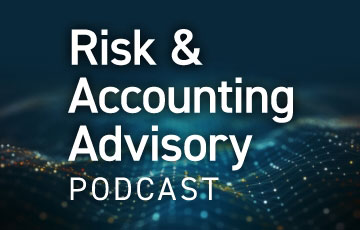Coronavirus Aid, Relief, and Economic Security (CARES) Act was passed on March 27, 2020. With that legislation came the Employee Retention Credit (ERC), which provided tax credits to employers that retained employees due to government mandates or supply chain issues during the COVID-19 pandemic.
Why are we still talking about ERC?
Many employers still have not taken advantage of ERC that they are eligible for not realizing how their businesses were impacted at the time. Join Brooks Nelson and Sarah McGregor as they discuss with Martin Karamon as they explore why you should take a second look at if you are an eligible employer for ERC.
This episode of our Podcast covers:
- 2:00 – What is ERC and how do Government COVID-19 orders qualify employers for this credit
- 5:58 – Government orders leading to supply chain disruptions
- 11:00 – Industries affected by Government orders beyond supply chain disruptions
- 12:47 – Status of ERC refund claims already filed, and IRS scrutiny of claims filed
Related Insights
- 2022 Update on the Employee Retention Credit (ERC)
- 2022 Most Frequently Asked Questions about the Employee Retention Credit (ERC)
- Accounting for the Employee Retention Credit
View All Tax Beat Podcasts



